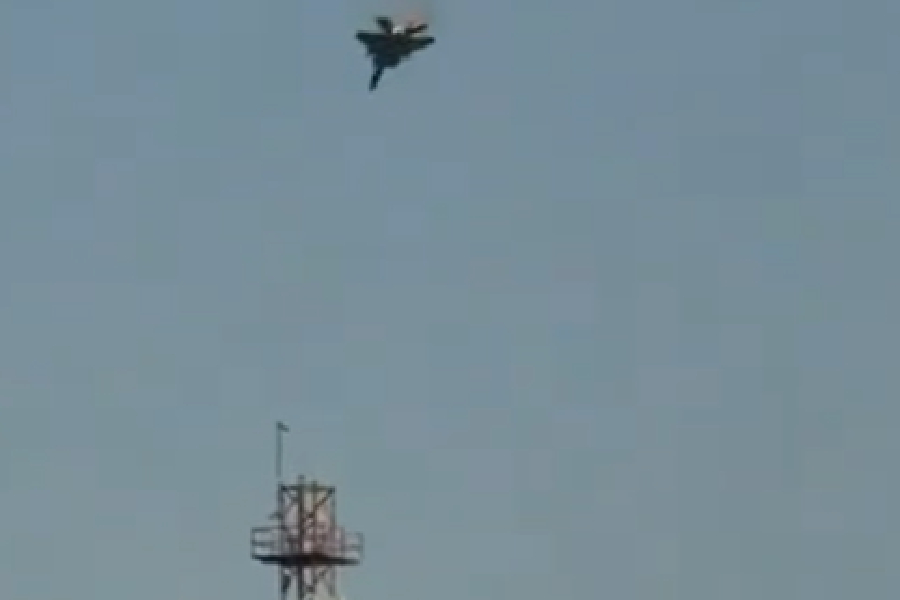Lloyd’s Register has told India’s Gatik Ship Management, which has become a major carrier of Russian oil since the Ukraine war, that it will withdraw certification of 21 of its vessels by June 3, the maritime services company told Reuters.
It is the latest setback for Gatik, which was also been forced to find new flags for 36 of its ships after they were deflagged by the St. Kitts & Nevis International Ship Registry.
“Lloyd’s Register is committed to facilitating compliance with sanctions regulations on the trading of Russian oil,” it said in an email to Reuters.
“Where supported by evidence, we withdraw class and services from any vessels found by the relevant authorities to be breaching international sanctions.”
Classification societies such as Lloyd’s Register in London provide services including seaworthiness checks, certification that is vital for securing insurance and entry to ports.
Lloyd’s Register said, however, that 11 of the Gatik vessels it was declassifying were also certified by the Indian Register of Shipping (IRClass).
Gatik, which is based in the Indian city of Mumbai according to shipping databases, did not respond to emailed requests for comment.
A major US insurer, the American Club, also told Reuters it was no longer providing cover for Gatik ships, while Russian insurer Ingosstrakh said it would not work with Gatik in future.
Neither the insurers, Lloyd’s Register nor the flag registry spelled out exactly why they have dropped business with Gatik.
Disruption and limits
In response to Russia’s invasion of Ukraine, Western powers imposed a price cap on Russian crude of $60 a barrel.
While non-EU countries can import seaborne Russian crude, Western shipowners and insurers are prohibited from handling such cargoes unless they are sold at or below that price.
Last month, spot prices for Russian crude rose above $60 a barrel and some ship insurance executives said they were nervous of falling foul of the rules as they were unable to independently track the value of cargoes.











